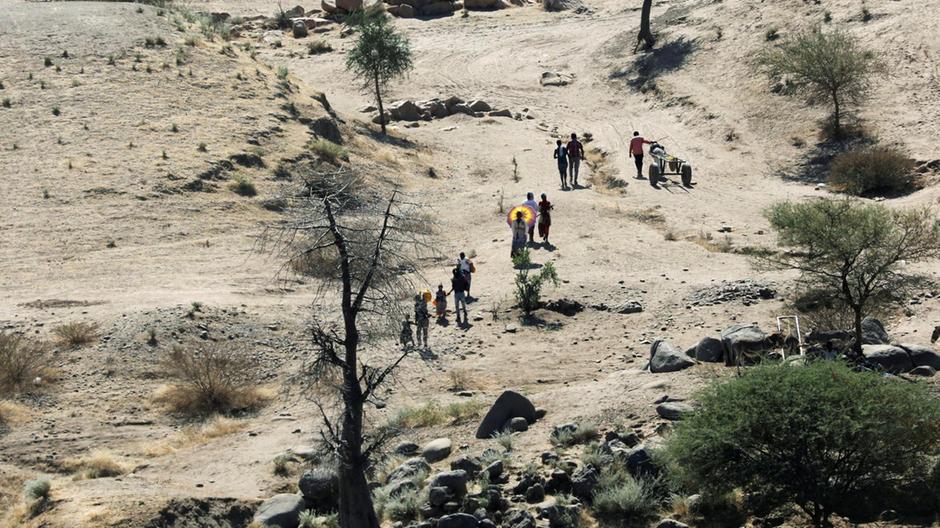Report says more than 90 per cent of the harvest was lost to looting, burning, or other destruction A senior UN official warned the Security Council on Tuesday that urgent measures are needed to avoid famine in the war-torn region of Tigray in Ethiopia, in a briefing seen by AFP. “There is a serious risk of famine if assistance is not scaled up in the next two months,” wrote Mark Lowcock, the UN under secretary general for humanitarian affairs and emergency relief co-ordinator. More than six months after Ethiopian Prime Minister Abiy Ahmed launched what he termed a rapid military operation, the fighting and abuses continue in Tigray, where the spectre of a famine has hovered for several months. “Concrete measures are urgently needed to break the vicious cycle between armed conflict, violence and food insecurity,” Mr Lowcock said.
“I urge members of the Security Council and other member states to take any steps possible to prevent a famine from occurring,” he said. “Today, at least 20 per cent of the population in that area face emergency food insecurity,” the British official said, and that “destruction and violence against civilians continue even now across Tigray.” “In the six and a half months since the start of the conflict in Tigray in early November 2020 an estimated two million people have been displaced. Civilians are being killed and injured,” he said.
“Rape and other forms of abhorrent sexual violence are widespread and systematic. Public and private infrastructure and objects indispensable to the survival of civilians have been destroyed, including hospitals and agricultural land,” he said. The UN official estimated that more than “90 per cent of the harvest was lost due to looting, burning, or other destruction, and that 80 per cent of the livestock in the region were looted or slaughtered”. “Despite improvements in March and the co-operation of authorities at the local level, humanitarian access on the whole has recently deteriorated,” Mr Lowcock wrote. “Humanitarian operations are being attacked, obstructed or delayed in delivering life-saving assistance. Eight aid workers have been killed in Tigray in the last six months.”


Comment here